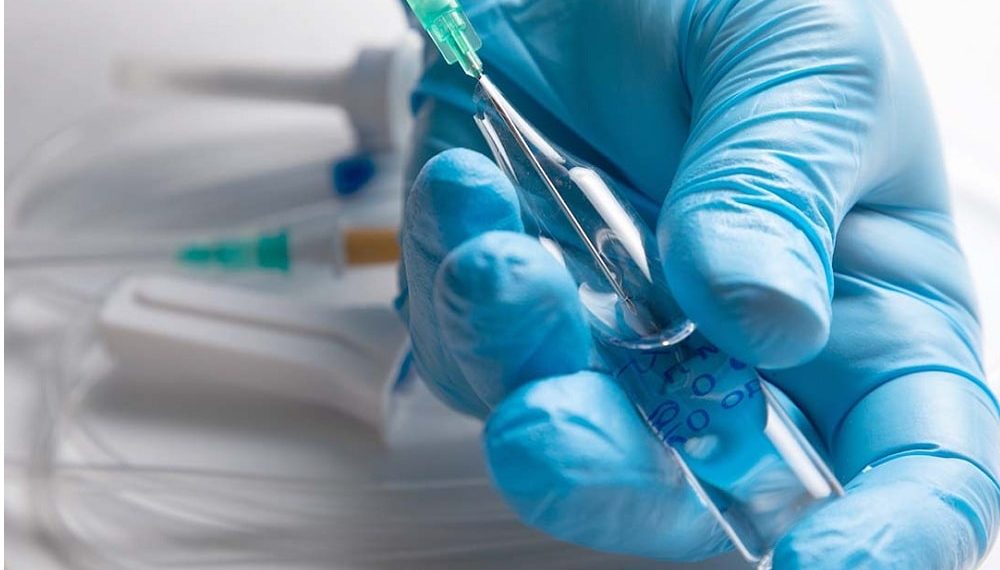The recent survey from GlobalData- The State of the Biopharmaceutical Industry 2024, went on to reveal that 44% of the healthcare industry professionals that were surveyed globally happen to be optimistic or very optimistic when it comes to the recovery of biotech funding in the coming 12 months. This optimism comes after a downturn in private biotech venture financing, which has been seen in 2022 and 2023.
Throughout 2023, funding was reduced by 43.2% as compared to 2022 and by 52.3% vis-à-vis 2021, all attributed to the macroeconomic pressures that happened to be causing investors to become more cautious and at the same time prioritize their existing portfolios.
As of now, 607 venture-backed companies that happen to be headquartered in the US are getting affected by the downturn in biotech funding, with more than 1,500 drugs at stake, including pre-clinical ones. Of the 607 venture-backed companies, almost a third have not gone on to raise any capital in the last three years.
As per GlobalData’s Pharma Intelligence Center Deals Database, venture financing when it comes to US-headquartered companies with innovator drugs happened to peak in 2021, by 104% to reach $20.7bn, which in turn went on to see many early-stage biotech’s going public that year with inflated valuations. But this happened to lead to overvalued biotech’s that were unable to give out any sort of milestone result, hence causing a decline when it comes to investor confidence as well as selectivity in the new investments. Moreover, recent challenges like high inflation, high interest rates, and geopolitical instability have also gone on to prompt investors to become more selective.
It is well to be noted that the biotech’s are indeed turning to parallel sources of funding, and in the same survey, 39% of the respondents went on to identify enhanced industry partnerships as the most effective step so as to mitigate a downturn within the biotech funding. Respondents within the APAC region preferred government incentives or even grants rather than going for private VC investors so as to tackle the funding downturn as compared to those across North America and Europe. In the US, NIH grant funding for private companies happened to report a total deal value elevation of 16.1% to $1.86bn from 2021 to 2022, as per GlobalData’s Pharma Intelligence Center Grants Database, thereby underscoring its significance in mitigating the gap when it comes to investments received from venture capital.
In spite of the challenges within the private biotech funding landscape, venture capital funding has been critical when it comes to sustaining biotech innovation. Due to a decline from record highs in 2021, venture capital funding has gone on to remain relatively resilient all across 2022. But the signs now look to be pointing towards a potential return to pre-pandemic levels. With access to alternative sources so as to secure capital, including elevated industry partnerships as well as government grants, in addition to a stabilizing market and also easing inflationary pressures, the outlook when it comes to future biotech investment looks promising.



















